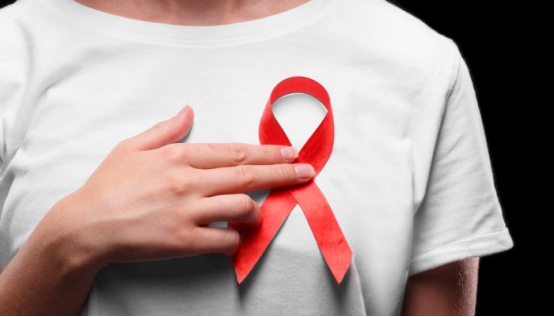
HIV (human immunodeficiency virus) treatment has made remarkable strides, offering more options than ever to help individuals lead healthy, fulfilling lives. As 2025 unfolds, it's crucial to understand the latest therapies, why early treatment is essential, and how to navigate the advancements that can transform your health.

The Foundation of Treatment: Antiretroviral Therapy (ART)
Antiretroviral therapy (ART) is the backbone of HIV management, preventing the virus from replicating and allowing the immune system to recover. According to the CDC, consistent ART can reduce the virus to undetectable levels, effectively eliminating the risk of sexual transmission.
In 2025, ART remains highly personalized. Single-pill regimens combine multiple medications for convenience, though they may come at a higher cost. Most individuals require 1-4 pills daily, tailored to their health and lifestyle. With proper adherence, patients often achieve an undetectable viral load within six months, marking a significant step toward long-term health.
A New Era: Long-Acting HIV Injections
For those seeking alternatives to daily pills, long-acting injections have emerged as a game-changer. Administered by healthcare professionals on a monthly or bi-monthly basis, these injections are ideal for individuals who’ve maintained undetectable viral loads for at least three months.
While injections offer the convenience of fewer daily medications, they require regular clinic visits, making them best suited for those committed to ongoing medical care.
How HIV Treatments Work
HIV attacks CD4 cells, which are crucial for immune defense. Without treatment, the virus multiplies, weakening the immune system and increasing vulnerability to infections and cancers. ART works by stopping this replication, enabling the immune system to maintain a higher CD4 count and combat potential health complications.
While ART doesn’t cure HIV, it keeps the virus under control, allowing individuals to live longer, healthier lives with fewer complications.
The Importance of Early Treatment
Starting treatment promptly after an HIV diagnosis can make all the difference. According to HIV.gov, early initiation of ART improves overall health outcomes, reduces the risk of severe complications, and minimizes the chance of transmitting the virus to others.
For pregnant individuals, timely treatment is even more critical, protecting both the parent and the baby from health risks. Delaying treatment increases the likelihood of life-threatening infections, making early intervention a top priority in 2025.
Managing Side Effects: What to Expect
Modern HIV treatments are safer and more tolerable than ever, but some side effects may still occur as the body adjusts. Common issues include:
- Nausea and vomiting
- Diarrhea
- Dizziness or fatigue
- Headaches
- Skin rashes
Most side effects resolve within a few weeks. However, persistent or severe symptoms should be discussed with a healthcare provider, who can adjust the treatment plan to improve comfort and effectiveness.
Clinical Trials: A Path to Innovation
Clinical trials remain a cornerstone of HIV research, offering participants access to groundbreaking therapies and comprehensive medical care. In 2025, these trials continue to shape the future of HIV treatment while providing immediate benefits to participants, such as:
- Access to cutting-edge treatments not yet widely available.
- Close monitoring by healthcare professionals.
- Financial incentives, including travel reimbursements.
Participating in a clinical trial can help you contribute to medical advancements while potentially benefiting from the latest therapies.
Take Control of Your Health in 2025
With new and evolving HIV treatment options, living well with HIV has never been more achievable. By starting ART promptly, considering alternatives like long-acting injections, and exploring clinical trials, individuals can take charge of their health and future.
Speak to your healthcare provider today to discuss the best treatment options for you. Together, you can develop a plan that fits your lifestyle and helps you thrive in 2025 and beyond.







